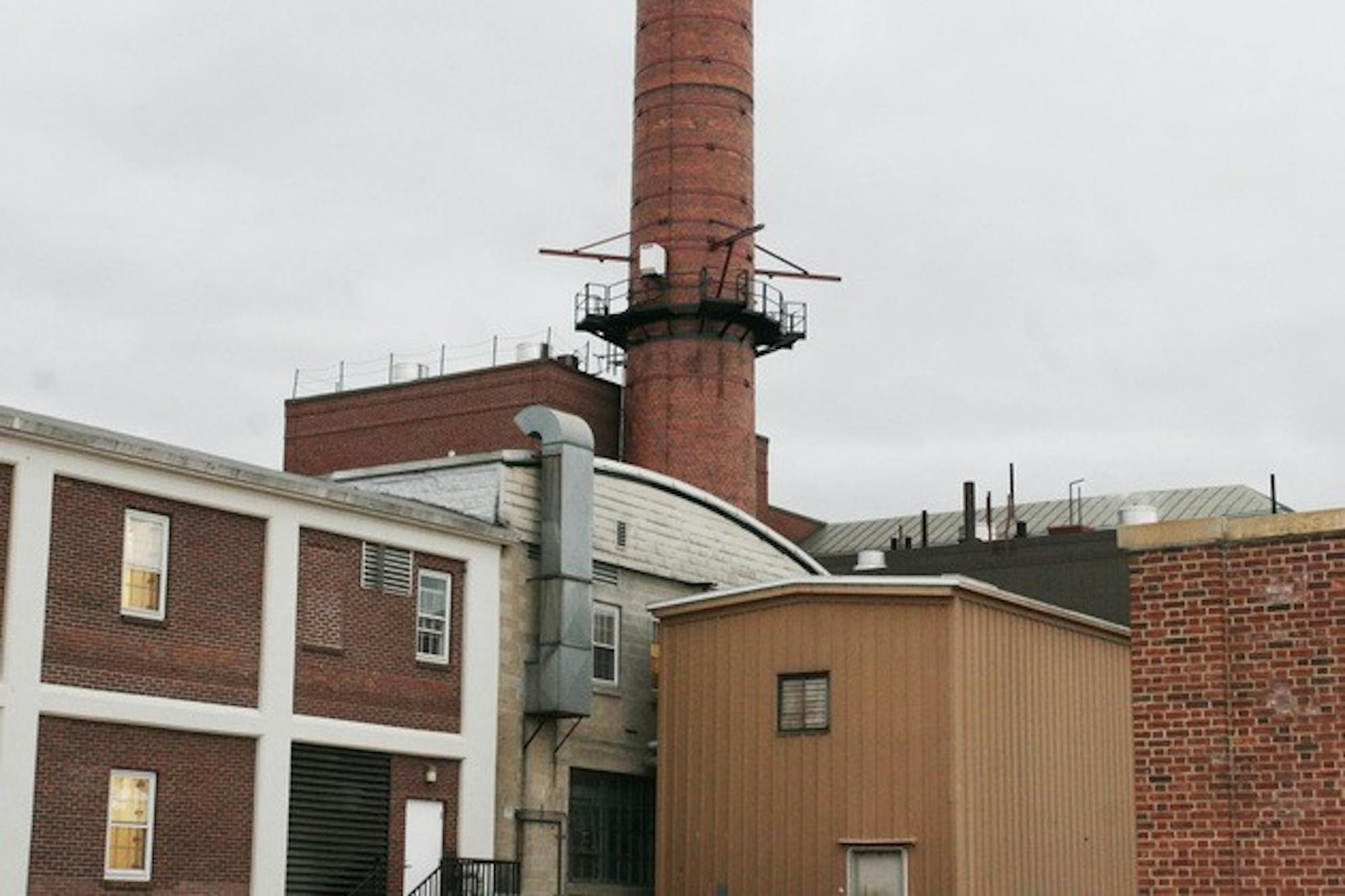Dartmouth is expected to pay an additional $1.8 million in energy costs this fiscal year due to rising oil prices, according to the College's Facilities, Operations and Management office. Fuel will cost Dartmouth an average of $75 a barrel, up from last year's average of $54.50, according to FO&M associate vice president John Gratiot.
"We buy 120,000 barrels of oil a year," Gratiot said. "For every dollar the price of fuel oil goes up, the average over the course of a year costs the College about $120,000."
FO&M had hoped this year's average price per barrel would be around $60, he said, but beginning in March, oil prices began to skyrocket.
While many economic factors affect oil prices, the rising demand for oil from China and India may be driving the recent steep increase in energy costs, according to Dartmouth economics professor James Feyrer.
"At least some of the price increase has been due to supply and demand fundamentals," Feyrer said. "China and India are increasingly using more oil because they're growing, and the supplies out there in the universe have not been increasing fast enough to accommodate that."
FO&M will distribute the higher fuel costs among the College, Dartmouth Medical School, Tuck School of Business and Thayer School of Engineering, which all rely on the office for their energy, according to Gratiot.
"Each of them is ultimately going to have to dip into their reserves to help cover the costs or they will reduce expenses in some other area," Gratiot said.
The College uses approximately half of the oil FO&M purchases, he added.
The cost increase has not yet affected undergraduate tuition because it represents only a small portion of the College's $700 million budget, according to Adam Keller, executive vice president for finance and administration.
Rising oil prices, through their impact on the stock market, have lowered the College's projected earnings from the investment of its endowment, however, Keller said. This investment is one of the College's most important sources of revenue, Keller added, so a sluggish market could eventually lead to increased tuition.
FO&M will use its reserve funds, a portion of the income it receives from selling energy, to help the schools cover their higher costs, Gratiot said.
"We have money in a bank account that we normally would be using for doing repairs," he said. "This year, we're going to use part of that money to cover the overruns."
FO&M also plans to carry a small deficit into next year, Gratiot said, with the hope that fuel prices will eventually decrease and that the department can absorb its additional expenses.
While the College's admissions office has yet to see a decrease in visitors following the rise in fuel prices, Dartmouth employees will monitor the number of prospective students that visit in the coming months, according to Maria Laskaris, dean of admissions and financial aid.
"We usually have about 20,000 prospective students in the summer and early fall, and we are definitely thinking about what the consequences of the rising fuel prices might be on prospective students and their families," Laskaris said.
While oil prices do not appear to have affected the size of tour groups, she said, the admissions office will add more information to its web site and may organize more visits to high schools, particularly those on the west coast, in the fall in anticipation of a decrease in on-campus visits.
The Office of Residential Life is continuing to modify its energy-use practices as it renovates buildings, director of Residential Operations David Eckels said in an e-mail.
"The goal is to improve sustainability," Eckels said. "The side benefit is that we hope this will help offset cost increases, but if the current rise in costs were not happening, we would still be making the same sound, sustainable decisions."
FO&M has also hired an energy conservation manager, who is evaluating campus buildings to determine cost-efficient ways to decrease energy use, Eckels said.
With many Dartmouth employees commuting to campus -- over 2,700, according to Bill Barr, FO&M director of fiscal and auxiliary services -- carpooling and riding a bus or bicycle have become increasingly popular ways to get to work.
The College hosted a meeting for Dartmouth employees on Wednesday to help employees find alternative means of transportation. Over 175 employees attended, according to Barr, the event's organizer.
"When gas prices a year ago were $3, you saw some change, and the buses began to fill up, but now it has really hit home," he said.
Barr helps run a transportation ad hoc committee at the College that is working to enhance transportation options available for employees.
Advance Transit, the free shuttle bus system in the Upper Valley region, has seen a sharp increase in the number of riders since April, according to Van Chestnut, the company's executive director. He attributed this rise to higher gas prices.
The company is suffering, though, because it has had to pay more to fuel its buses, he added.
"It's going to cost us a lot more just to run the same number of miles that we have been running because the price of fuel has been going up so much," he said.
Other transportation opportunities in the area include Upper Valley Ridesharing, an online carpool matching service, and park-and-rides located throughout the Hanover area.




